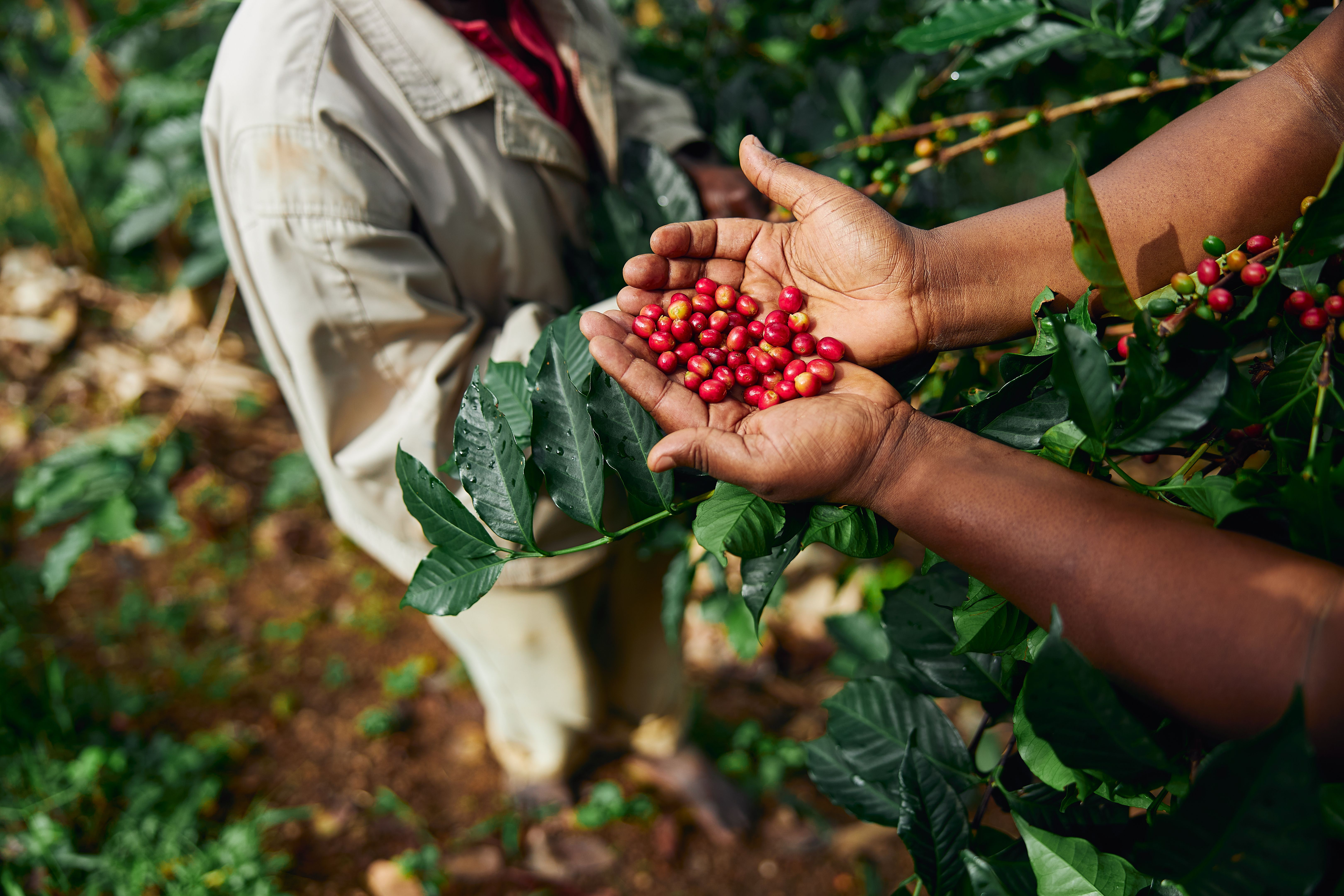African Development Bank Invests in Blockchain for Agriculture
The Pioneering Move by the African Development Bank
The African Development Bank (AfDB) has taken a groundbreaking step by investing in blockchain technology to boost agricultural development across the continent. This move is part of a broader strategy to leverage innovative technologies to enhance productivity and sustainability in African agriculture. By embracing blockchain, the AfDB aims to address persistent challenges such as supply chain inefficiencies, lack of transparency, and limited access to finance for farmers.

Understanding Blockchain's Potential in Agriculture
Blockchain technology offers myriad benefits that can revolutionize the agricultural sector. One of its most significant advantages is its ability to create transparent and traceable supply chains. This technology enables all stakeholders, from farmers to consumers, to access real-time information about the origin and journey of agricultural products. Such transparency can help build trust among consumers and ensure fair pricing for farmers.
Moreover, blockchain can significantly reduce transaction costs and increase efficiencies within the agricultural supply chain. By eliminating intermediaries and automating processes through smart contracts, blockchain can ensure prompt payments to farmers, which is crucial for their financial stability. This technology also facilitates easier access to credit by providing a reliable record of transactions and assets.
Addressing Challenges with Blockchain
While the potential benefits are substantial, implementing blockchain in agriculture is not without challenges. Infrastructure limitations, lack of digital literacy among farmers, and initial setup costs are some hurdles that need to be addressed for successful adoption. However, the AfDB's investment includes training programs and partnerships with local governments and organizations to overcome these barriers.
The bank's initiative also focuses on creating a regulatory framework to support blockchain adoption in agriculture. By working with policymakers, the AfDB aims to establish guidelines that ensure data security, privacy, and the ethical use of technology while fostering innovation.
Real-World Applications and Success Stories
Several pilot projects across Africa have already demonstrated the potential of blockchain in agriculture. For instance, pilot programs in countries like Kenya and Ethiopia have successfully implemented blockchain to track coffee beans from farms to consumers. These projects have shown improved traceability, reduced fraud, and increased earnings for farmers.
Apart from traceability, blockchain is being used for land registration processes, reducing land disputes and ensuring rightful ownership for smallholder farmers. Additionally, some projects focus on using blockchain for weather insurance schemes, offering farmers better protection against climate-related risks.

The Future of Blockchain in African Agriculture
The African Development Bank's investment marks the beginning of a transformative journey for African agriculture. As more success stories emerge, it is expected that other sectors will follow suit, leading to broader economic growth and development across the continent.
Ultimately, the AfDB's initiative is not just about enhancing agricultural productivity; it's about creating a sustainable future where technology empowers farmers and communities. By building a robust ecosystem around blockchain, Africa can pave the way for a new era of innovation and prosperity.
